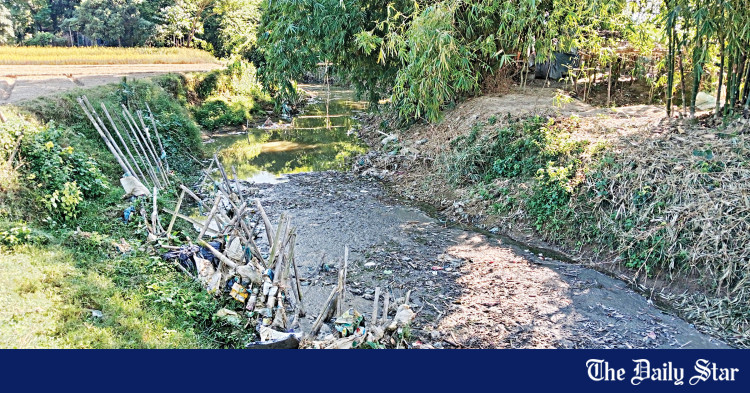


In Bangladesh, ten factories across five districts—Sylhet, Natore, Mymensingh, Chattogram, and Cumilla—are operating without effluent treatment plants (ETPs), significantly contributing to pollution in the Balutikar canal and surrounding water bodies. A report indicates that while 173 factories discharge liquid waste, only 157 have ETPs. Alarmingly, seven ETPs are currently closed, and six are under construction. The situation has raised concerns among local residents, who report health issues and environmental damage due to the untreated waste.
BSCIC officials have acknowledged the problem, attributing it to land shortages that hinder compliance with environmental regulations. The Department of Environment is planning to take action against the non-compliant factories, emphasizing the need for immediate intervention to protect public health and the environment. This issue highlights a broader challenge in Bangladesh's industrial sector, where financial insolvency and limited awareness among factory owners further complicate the establishment of necessary waste management systems. [dc947aba]
In a related development, the Bangladesh Textile Mills Corporation (BTMC) is planning to lease out three closed mills—Valika Woolen Mills in Chattogram, Sylhet Textile Mills, and Kurigram Textiles Mills—to the private sector. This initiative has received approval from the prime minister, as previous attempts to revive the mills through public-private partnerships (PPP) have been unsuccessful. The mills have existing gas, electricity, and water connections, with no outstanding utility bills or taxes. The lease term will be 30 years with an option for renewal, and the mills must be used for textile production. The BTMC will retain ownership of the mill buildings and require the installation of solar parks on the roofs. However, the BTMC has faced challenges with the PPP model, as interested business groups want to use the mill land and assets as collateral for bank loans. Experts suggest that the lease method is better than the PPP model, and they recommend a longer lease term to provide convenience for investors. The BTMC has been struggling, with most of its 25 mills not functioning properly and a significant number of mills being closed for almost a decade. In the fiscal year 2022-23, the corporation incurred a net loss of Tk16.65 crore. [9e3ccab4]
Additionally, the government of India is considering transferring the operations of Mahanagar Telephone Nigam Ltd (MTNL) to Bharat Sanchar Nigam Ltd (BSNL) as an alternative to a merger. This decision is being considered due to MTNL's substantial debt. MTNL has disclosed that it is unable to meet interest payment obligations to bondholders due to lack of funds. The government's decision is expected within a month and will be reviewed by the Committee of Secretaries before going to the Cabinet for final approval. MTNL's losses for the latest fiscal year were Rs 3,267.5 crore, with revenues also declining. [1eb6cc98]